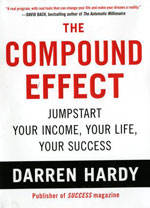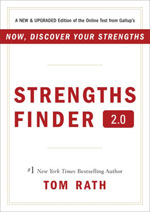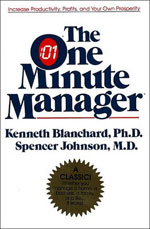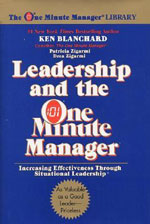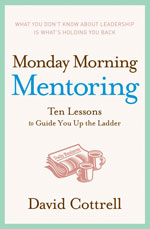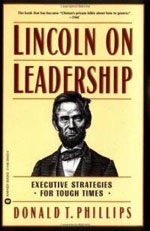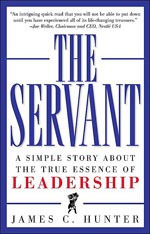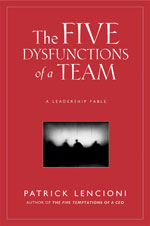 Have you ever dreamed of becoming one of the sales winners in your organization? Do you hope to one day be the #1 sales rep in the company? Do you have a particular personal or fitness goal you want to achieve? These goals are absolutely within your reach!
Have you ever dreamed of becoming one of the sales winners in your organization? Do you hope to one day be the #1 sales rep in the company? Do you have a particular personal or fitness goal you want to achieve? These goals are absolutely within your reach!
I read a statement this week made by one of my favorite authors, Brian Tracy: “Incorrect assumptions lie at the root of every failure. Have the courage to test your assumption.”
Have you ever thought about how dangerous it is to make assumptions? Assumptions can wreck our chances of reaching our full potential.
What is an assumption? An assumption is “something taken for granted or accepted as true without proof.” In other words, when I assume something, I believe it to be true without any sort of proof or evidence.
Most of us are unaware of how often we make assumptions. In reality, we make assumptions every single day, and those assumptions can lead to certain patterns of behavior. Sometimes, false assumptions lead to detrimental actions and habits.
Are you perceiving life accurately?
In the 1960s, American psychologist Harry Harlow conducted a fascinating social experiment with monkeys. Five monkeys were locked in a cage, and a banana was hung from the ceiling with a ladder placed directly under the banana. Of course, one of the monkeys immediately raced toward the ladder, intending to climb it and grab the banana. However, as soon as he started to climb, the researchers sprayed the monkey with ice-cold water. Interestingly, they also sprayed the other four monkeys at the same time.
When a second monkey was ready to climb the ladder, the researchers sprayed this monkey with ice-cold water too and then applied the same treatment to its four fellow inmates. The monkeys learned their lesson. They decided not to climb that ladder again—banana or no banana!
The researchers then replaced one of the monkeys in the cage with a new monkey. As you might expect, the new arrival spotted the banana and went after it right away. As the new monkey started to climb the ladder, the situation got interesting. The original four monkeys, familiar with the cold-water treatment, ran toward the new guy and yanked him down. The new monkey, although blissfully unaware of what had happened previously, instantly got the message: no climbing up the ladder in this cage! One by one, the researchers replaced all the original monkeys with new ones, and each time a new monkey attempted to climb the ladder, he was pulled down by the other monkeys.
In time, only monkeys who had never received the cold shower were in the room, but none of them would climb the ladder! And, they prevented any new monkey introduced to the cage from climbing the ladder as well—even though none of them knew why they did this.
How often do we act like those monkeys? We must challenge the assumptions we have, evaluating whether or not they are true and/or applicable to our situations.
Our greatest challenges to success will always be the ones we create in our own minds. As an exercise, finish these statements:
“Never talk to ________.”
“Don’t ask so many _______.”
“Always eat your ________.”
“Always wear clean ________.”
“Keep your elbows off the ________.”
“Don’t make me pull this ________ over!” (A personal favorite after a recent family road trip.)
Why were we able to finish each statement? We’ve heard these phrases multiple times since childhood, as is the case with many of our assumptions about life. Although seemingly harmless, assumptions can become beliefs that condition how we act and live. When do they become destructive? When they cause us to act without reason or thought, thus stunting our growth and forward momentum.
If you find yourself thinking “I’m not good enough; I may never be able to succeed; other people are better than me; I’m probably going to fail—then you’ve probably allowed your thinking, at least in some part, to be controlled by assumptions.
Challenge your assumptions about the world and about yourself. Make sure they are factual and relevant—don’t let your life be run by fictional perceptions of your situation. Choose to ignore the voice that says “I’m not enough” and instead step into the freedom of believing you are enough.
Any person who desires to be successful must recognize and ruthlessly evaluate assumptions. Don’t assume your thinking is correct, even if you’ve thought that way for many years. Stephen Covey said, “We simply assume that the way we see things is the way they really are or the way they should be. And our attitudes and behaviors grow out of these assumptions.”
Why can’t you be the #1 salesperson in the company? Why can’t you be physically fit? Why can’t you be the person who achieves something great? Casting aside assumptions, the answer is: YOU CAN.
Famed scientist Isaac Asimov’s advice provides a perfect conclusion: “Your assumptions are your windows on the world. Scrub them off every once in a while, or the light won’t come in.”














